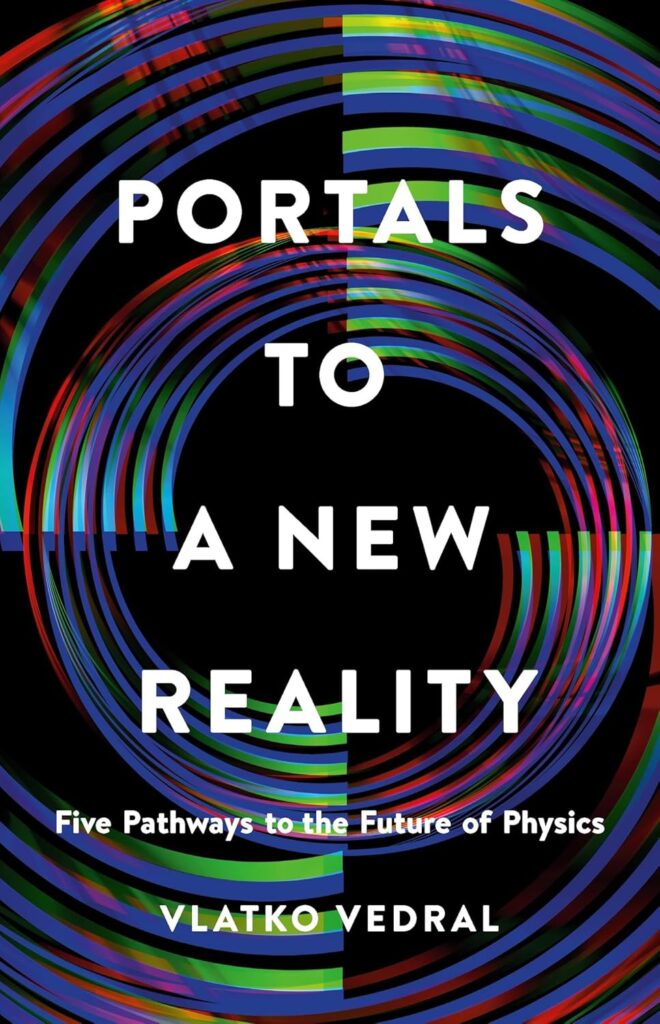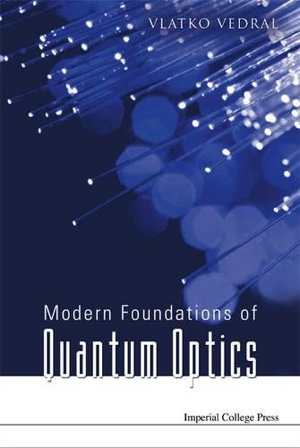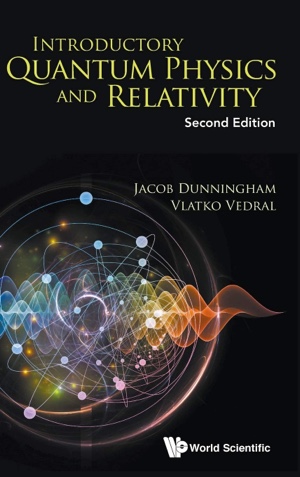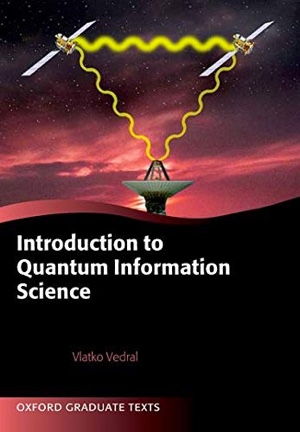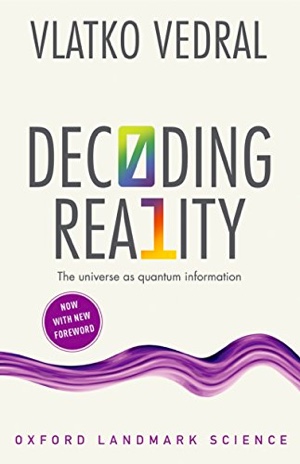Good for Nothing Fundamental Physics
I am not religious myself, however, I do enjoy reading various religious texts. My absolute favourite is Tao Te Ching, one of the key foundational books in Taoism. Its central idea is that our lives should consist of “acts without action”, meaning that we should “live in the now” and “go with the flow”. This very much resonates with the Principle of Least Action in physics, according to which there is a mathematical quantity called Action that, when minimised, leads us to the right laws of physics. “Nature does not hurry, yet everything gets accomplished” said the author of Tao Te Ching, Lao Tzu.
The current view in cosmology is that our universe requires very little, if any, resources to be created. The universe is exceptionally lazy. The net charge of the universe is zero (an equal number of positive and negative charges), the net energy is zero, the net momentum and angular momentum are also zero and the net amount of matter is zero (matter being cancelled by an equal amount of anti-matter).
Just like the founding fathers of quantum physics, Niels Bohr, Werner Heisenberg and Erwin Schrödinger, I feel that certain mystical traditions of the East are closer to the spirit of science than the so called Abrahamic religions that currently dominate the West. The fact that the quantum pioneers preferred the Eastern mysticism is not surprising given that quantum physics has moved us further away from the materialistic picture of the universe. Matter and energy as the fundamental building blocks of the universe have, in quantum physics, been replaced by the concept of quantum information. The whole universe is made up of quantum bits.
I’ve written a book about this and I don’t want to repeat myself here. Instead, I’d like to reflect on another Easter religion, namely Zen Buddhism. Originally a Japanese spin on the Indian teachings of Siddhartha Gautama, Zen pushed the mystical elements of Buddhism to their logical extreme. Zen koans are puzzles that are meant to block our rational thinking and bring us in tune with the universe through meditation. “Two hands make a clap; what is the clap of one hand?” is one such famous koan. One might equally say: “Two objects exist in two places; what is the state of a single object in two places?” in order to illustrate, in a Zen-like manner, the key property of quantum objects, namely the state of being in a superposition.
But there is a current within Zen, called Zazen, which is even more radical. They emphasise the sitting down technique just for its own sake. It’s not that we sit down “in order to meditate” or even less “in order to achieve the state of Nirvana”. This would show the – in their view – dangerous intentionality in our actions (driven by our egos, which – according to any form of Buddhism – must actually be eliminated). We mustn’t do anything in order to achieve something else, we must do things solely for their own sake. That’s the only way to be at one with the Universe.
The phrase they came up with is “meditation is good for nothing”. At the heart of the Zazen practice is simply “just sitting there doing nothing”! Sitting quietly away from all the hustle and bustle just for its own sake.
Here I’d like to advocate that fundamental physics must be approached exactly the same way. We should undertake research into fundamental physics only for its own sake. Not for the sake of applications, not for the sake of bettering humanity, not for profit or anything else. It simply must be done “just for fun”. What should drive fundamental physics is the sense of adventure and awe of the unknown. Period.
The funny thing is this (and it is common to Zen as well as to the whole of science). It is only when we do physics for no other reason than physics itself that good things come out.
Want to supercharge an industrial revolution? Just stimulate studying thermodynamics for its own sake like Carnot, Clausius and Kelvin. Want to create a light bulb and a transistor? Just study electricity and magnetism for their own sake like Maxwell, Faraday and Hertz. Want to create quantum computers? Just focus on the relationship between physics and information for its own sake like Feynman, Bennett and Deutsch.
The fundamental physics that is good for nothing is the only physics that is actually good for anything and everything.
There is probably an evolutionary explanation for all this (there always is). I bet you it goes something like this. Understanding the world around us is key to our survival. In order to make us into the most effective survivors we are, nature has created an amazingly simple shortcut. It operates within our nervous systems and ultimately affects and gets interpreted by our brains. The shortcut is the sense of pleasure we get from figuring things out. We seek more knowledge not because it might improve things in the future, but because finding answers is what makes us happy now. Nothing more and nothing less.
And so this blog is also a call to arms to encourage doing physics for its own sake. It’s the only way. Feynman probably said it better than anyone else and so the last word invariably must go to him. “Physics is like sex”, he said. “Sure, it may give some practical results, but that’s not why we do it”.
Sign up to my substack
BOOKS
ASK ME ANYTHING!
If you'd like to ask me a question or discuss my research then please get in touch.
